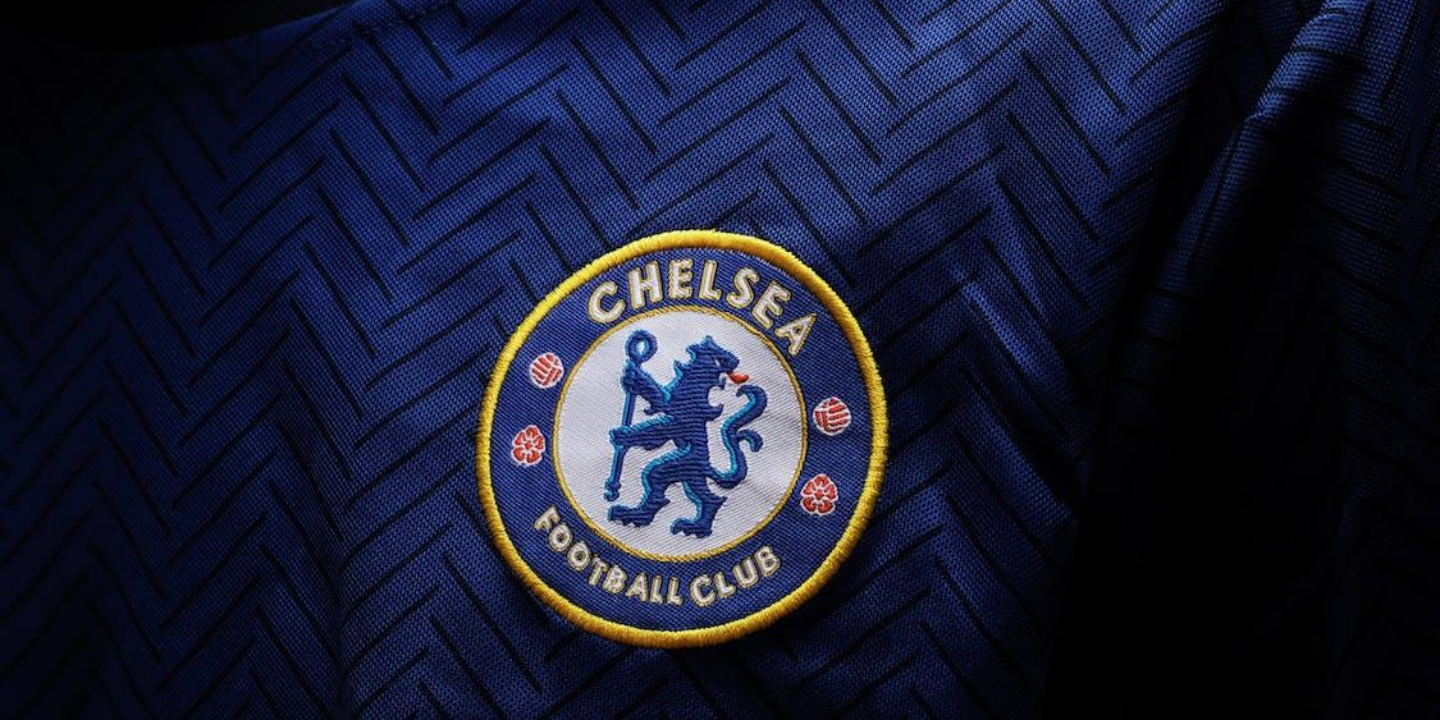JOHANNESBURG: South Africans angry at joblessness, inequality and power shortages have slashed support for the African National Congress (ANC) to 40% in this week’s election, ending three decades of dominance by the party that freed the country from apartheid.
A dramatically weakened mandate for the legacy party of Nelson Mandela, down from the 57.5% it got in the previous 2019 parliamentary election, means the ANC must share power with a rival in order to keep it - an unprecedented prospect.
“We can talk to everybody and anybody,“ Gwede Mantashe, the ANC chair and current mines and energy minister, told reporters in comments carried by the South African Broadcasting Corporation (SABC), dodging a question about who the party was discussing a possible coalition deal with.
Vote tallying from Wednesday’s poll was entering its final stages on Saturday, with results from 99.53% of polling stations giving the ANC 40.21%.
The main opposition party, the Democratic Alliance (DA), had 21.80%, uMkhonto we Sizwe (MK), a new party led by former president Jacob Zuma, managed to grab 14.60%, while the far-left Economic Freedom Fighters (EFF), led by former ANC youth leader Julius Malema, got 9.48%.
“We have achieved our mission: ... to bring the ANC below 50%. We want to humble the ANC,“ Malema told journalists at the results centre.
“We are going to negotiate with the ANC” for a possible coalition deal, he said, although that would not be quite enough to clinch a majority without including another party on the current count.
The ANC has won every previous national election by a landslide since the historic 1994 vote that ended white minority rule, but over the last decade its support has dwindled as the economy stagnated, unemployment rose and roads and power stations crumbled.
MK’s strong performance, especially in Zuma’s home province of KwaZulu-Natal, is one of the main reasons the ANC failed to secure a majority.
Analysts say one option for the ANC could be a “government of national unity” involving a broad spectrum of many parties, rather than a formal coalition between a few - an arrangement similar the one set up after 1994’s historic all-race vote.
Malema said the EFF was against that idea and preferred to be part of a coalition.
‘WE ARE ALL TALKING’
Political parties’ share of the vote determine their seats in the National Assembly, which elects the nation’s president.
Investors in Africa’s most industrialised economy will hope the uncertain picture can quickly become clear and that the country avoids an extended period of wrangling if the main political players struggle to agree how they can cooperate.
Some parties have questioned what they say are vote-counting inconsistencies that may lead to some results being contested.
Electoral commission chair Mosotho Moepya told a news conference on Saturday that “every concern raised in these objections will be considered and we will do so carefully”.
ANC First Deputy Secretary-General Nomvula Mokonyane meanwhile urged voters and communities to remain peaceful.
Despite the ANC’s result, President Cyril Ramaphosa could still keep his job, as the former liberation movement was on course to get about twice as many votes as the next party. But he will be weakened and could face calls to quit both from opposition parties and critics in the deeply-divided ANC.
On Friday, however, Mokonyane - one of the ANC’s top officials - backed him to stay on as party leader, and analysts say he has no obvious successor.
A deal to keep the ANC in the presidency could involve opposition backing in exchange either for cabinet posts or for more control of parliament, perhaps even the speaker.
“One of the positions we are going to demand from the ANC is ... the speaker of parliament,“ Malema said.
The election commission has pencilled in a final results announcement for Sunday.

 3 weeks ago
3 weeks ago
















 English (US) ·
English (US) ·